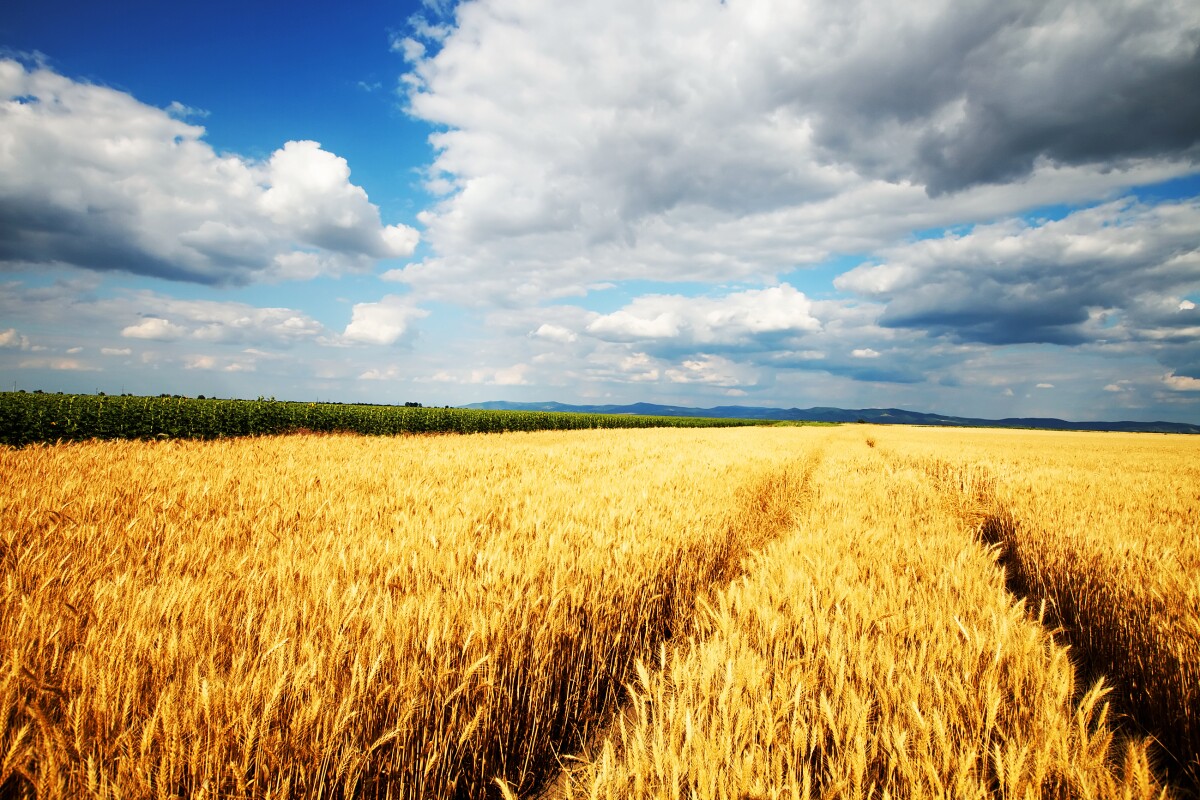A new study has examined the potentially disastrous implications that a combination of global warming and air pollution could have on crop yields by the year 2050. The research is one of the first projects to take into account a combination of the two dangers, and highlights the humanitarian crisis that could arise should the threat not be tackled head-on.
The study, carried out by researchers from MIT, the University of Hong Kong and Colorado State University, focuses on four major crops that represent over half the calories consumed by the global population – rice, wheat, corn, and soy. It estimates that global crop yields will drop by around 10 percent by the year 2050 due to global warming, however the damaging effects of air pollution may be harder to quantify due to the difficulty in differentiating it from other damaging phenomenon.
For example, an estimated 46 percent of damage to soy crops previously believed to have been caused by global warming was reportedly actually due to air pollution. However, whilst the two phenomenon damage the crops in their own right, they are also inextricably linked. The rising temperatures caused by global warming is itself the catalyst that leads to an increase in the creation of plant-damaging ozone.
Furthermore, the study highlights that while individually air pollution or global warming would be damaging to global food production capabilities, together they pose a much greater threat, working in concert to detrimentally affect a much wider range of crops than either one could harm on its own. For example, corn crops are very susceptible to damage from heat created as a result of global warming, but less affected by ozone. Wheat on the other hand suffers in completely the opposite manner, and is easily damaged via interaction with polluted air.
According to the study, the effects of the damage will differ significantly by region. This is as a result of the type of crop present in that area, combined with the clean-air safeguards put in place by individual nations. For example, America has passed stringent air quality regulations, which it is predicted will limit the effects of the damage to crop output.
Whilst scientific advances are being made focusing on improving crop yield and quality, the fact remains that food production and distribution is still inefficient in dealing with undernourishment in less developed countries. The food shortage in Africa will only be exacerbated under current trends, with the study predicting an increase in undernourishment on the continent from 18 to 27 percent.
The end message is that world leaders must take the potential reduction in food production seriously, as they consider national air pollution and food security policy. A ten percent drop in crop yields, compounded by the unquantifiable damage caused by air pollution by the year 2050, is untenable at a time when we are predicted to need to produce 50 percent more food simply to sustain our planet's burgeoning global population.
Source: MIT




